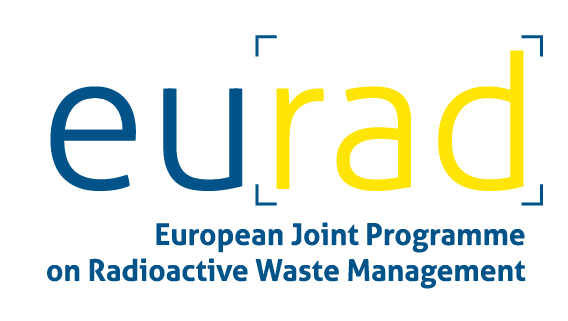
EURAD project (European Joint Program for Radioactive Waste Management & Disposal) – Grant Agreement number: 847593, Work Package ROUTES (Strategic Study on «Waste Management Routes in Europe from Cradle to Grave).
Participants: IRSN, ANDRA, ARAO, BEL V, CEA, CIEMAT, COVRA, FTMC, Dekom, EEAE, JUELICH, GRS, IAE, INCT, IST, IST ID, JSI, LEI, NCSRD, NES, NJF, NRG, ONDRAF/NIRAS, RATEN, SCK•CEN, SKB, SSTC NRS, STUBA, SÚRAO, SURO, TS Enercon, TUS, UCY, VTT, VUJE
Objectives
The WP will consider experience of completed and on-going EU projects, such as THERAMIN, CHANCE and other initiatives carried out at international level.
Expected impacts regarding management implementation needs
In the work package a gap analysis is conducted with respect to RD&D activities and strategic needs required for implementation of the different spent fuel and radioactive waste management and disposal routes in Europe. This analysis is based on experience and operational feedback from the participants and makes use of past and present EU projects on the topics of interest and other initiatives carried out at international level.
Expected impacts regarding safety
Safety-relevant issues and R&D needs associated with the waste management routes will be identified, considering waste characterization, the development of waste acceptance criteria (WAC) prior to the availability of disposal facilities, options for disposal of small waste inventories, and options to share technology and facilities.
Expected impacts regarding increasing scientific and technical Knowledge
It will consolidate and integrate existing knowledge to identify good practices and challenges, and to provide guidance for research activities in subsequent EURAD implementation phases.
Expected impacts regarding radioactive waste management routes
It will provide an opportunity to consider sharing of technology and facilities. As such, it will support countries with early-stage programme / small inventory programmes in the development of their national RWM programmes, for compliance with the Council Directive 2011/71 EURATOM. The results will provide input to KM WPs, in particular to support knowledge transfer to future generations.
